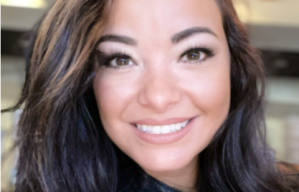A smartphone app for recovering alcoholics that includes a panic button and sounds an alert when they get too close to taverns helped keep some on the wagon, researchers who developed the tool found, according to LiveScience.com.
The sober app studied joins a host of others that serve as electronic shoulder angels, featuring a variety of options for trying to prevent alcoholics and drug addicts from relapsing, LiveScience.com reported.
Adults released from inpatient alcoholism treatment centers who got free sober smartphones reported fewer drinking days and more overall abstinence than those who got the usual follow-up support, according to LiveScience.com.
The results were based on patients' self-reporting on whether they resumed drinking, a potential limitation, LiveScience.com reported. Addiction experts say the immediacy of smartphone-based help could make them a useful tool in fighting relapse.
The study was published online Wednesday in JAMA Psychiatry and involved 271 adults followed for a year after in-patient treatment for alcoholism at one of several U.S. centers in the Midwest and Northeast, according to LiveScience.com.
They were randomly assigned to get a sober smartphone app for eight months plus usual follow-up treatment, typically referral to a self-help group, or usual follow-up alone, LiveScience.com reported.
The app includes a feature asking periodic questions by text or voicemail about how patients are doing, according to LiveScience.com. If enough answers seem worrisome, the system automatically notifies a counselor who can then offer help.
The panic button can be programmed to notify peers who are nearest to the patient when the button is pushed. It also offers links to relaxation techniques to calm the patient while waiting for help, LiveScience.com reported.
At eight months, 78 percent of the smartphone users reported no drinking within the previous 30 days, versus 67 percent of the other patients, according to LiveScience.com. At 12 months, those numbers increased slightly in the smartphone group and decreased slightly in the others.
Smartphone patients also had fewer "risky" drinking days per month than the others, LiveScience.com reported. The study average was almost 1 1/2 days for the smartphone group versus almost three days for the others.








